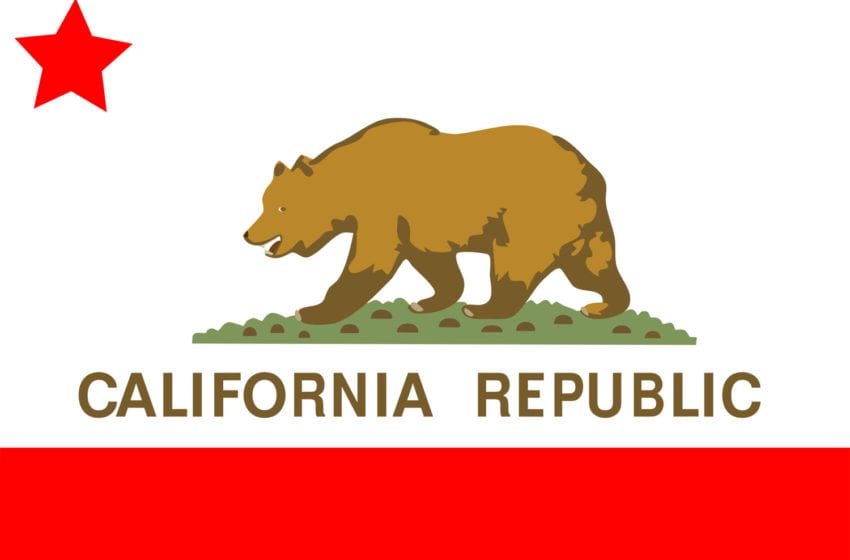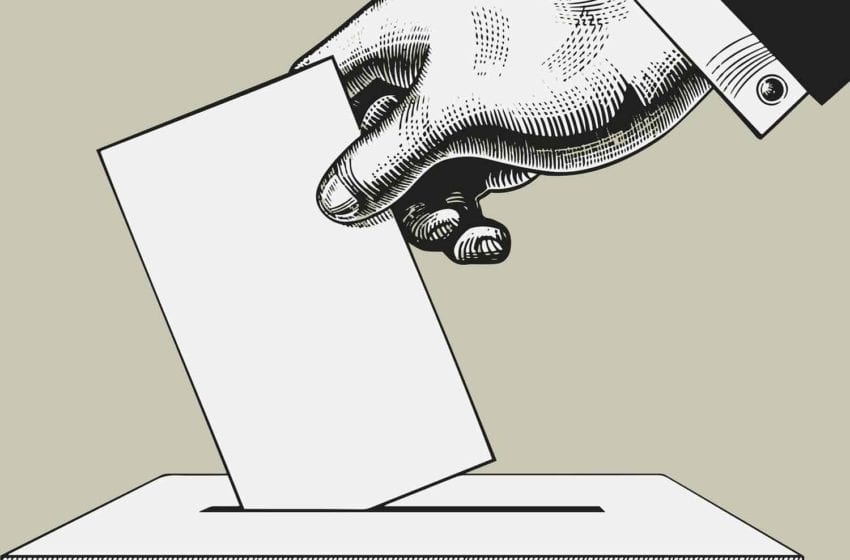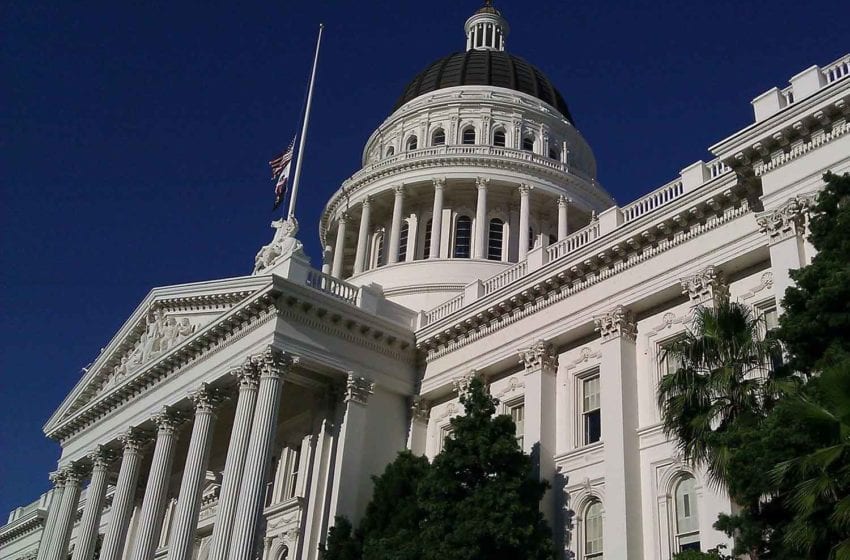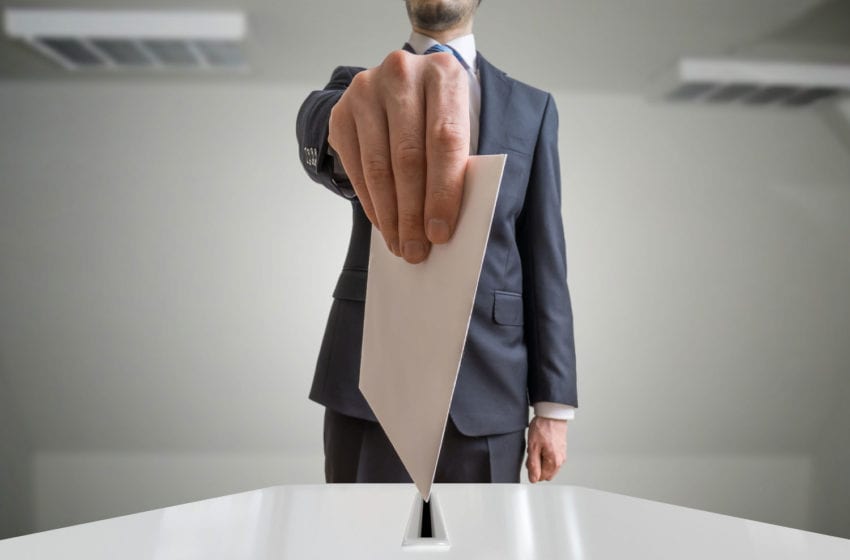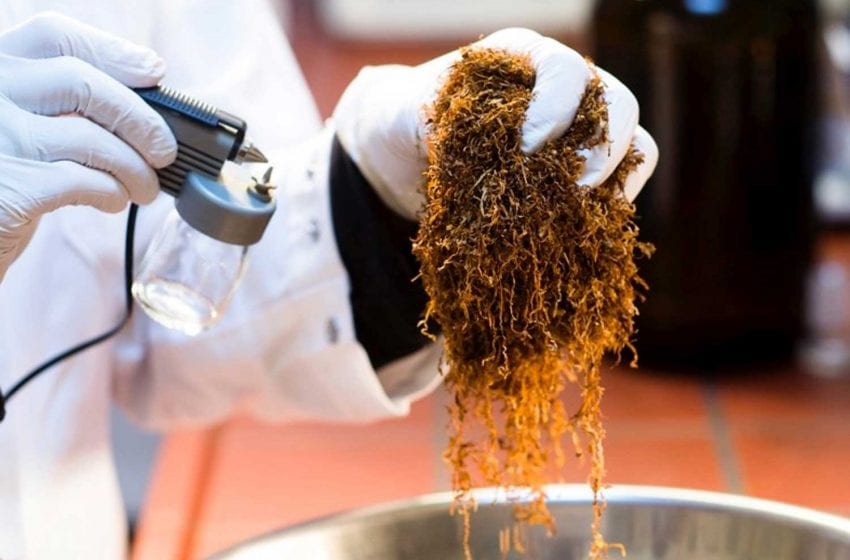A state referendum to overturn the controversial measure qualified on Friday.Read More
Tags :California
Enforcement won't start until the signatures are verified for a ballot to repeal the law.Read More
The petitioners hope to overturn the state's ban on flavored products, scheduled for Jan. 1Read More
Vapor advocate groups say prohibition will drive vapers back to smoking.Read More
The plaintiffs argue the Tobacco Control Act pre-empts the state's legislation.Read More
If the ballot initiative gains enough signatures, California's sales ban would be placed on hold until voters are given a chance to vote on the issue, possibly in 2022. Read More
The legislation will become effective on Jan. 1, 2021. Read More
The legislation bans sales but not possession of flavored e-cigarettes, flavored cigars and menthol cigarettes. Read More
California lawmakers chose not to make smokers pay more for health insurance, but they may be more willing to make smokers pay more for cigarettes. A new bill proposing to raise the tax on tobacco Read More
